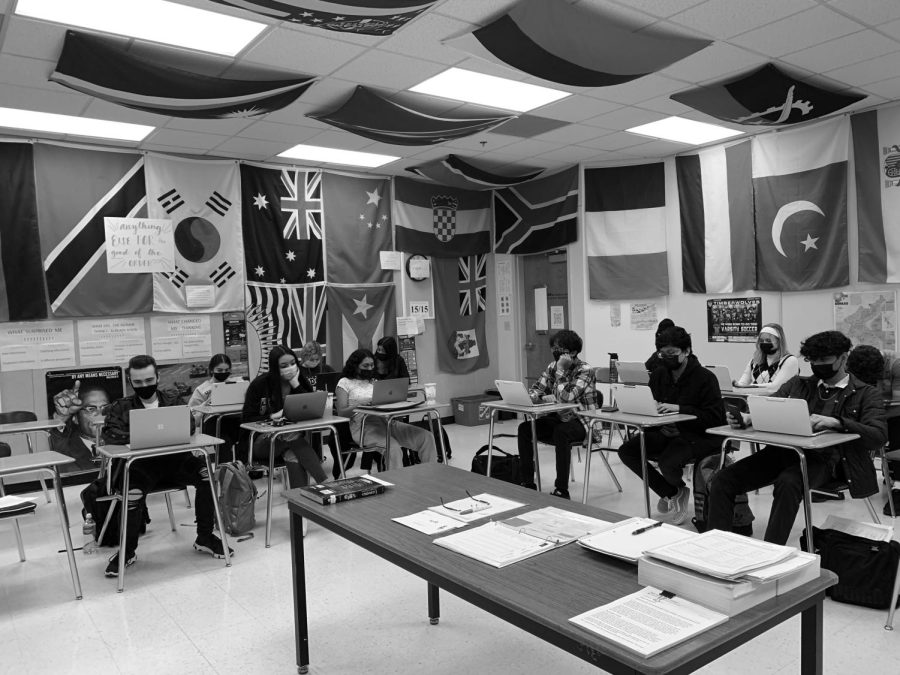Bill to help Oregon students with disabilities will not pass this session
March 18, 2022
As the 2022 short legislative session comes to a close, families of students with disabilities are troubled to learn that Senate Bill 1578 will not pass after all.
The bill aimed to more quickly resolve allegations brought by families of students who said they were not receiving an adequate education. Students whose school days were shortened or whose educational experience was limited due to decisions by school administrators were the focus of the bill.
“For me, it’s not a bill. It’s the question of whether kids can get back in school,” Oregon Sen. Sara Gelser Blouin said. “The kids that we’re talking about have been denied access to quality education, full-time education, not just this school year, but last school year and the spring of COVID-19.”
The bill received a work session and public hearing with a recommendation to be passed with amendments, and was referred to the Joint Committee on Ways and Means. Unfortunately, Gelser Blouin received a call from Gov. Kate Brown in February that the bill she sponsored would not pass this session.
“[I] was just told there isn’t time/capacity for SB 1578 this session & we will do it in 23-25.” Gelser Blouin said on Twitter. “1578 would restore school to hundreds of kids with disabilities currently denied access unlawfully. I’m heartbroken for these students.”
Currently, families concerned with their students’ access to education will often need to exhaust all efforts at the district level before filing a complaint with the state. Parents shared their problems getting assistance from their local schools at a legislative hearing last month.
Nicole Tucker’s daughter Lucy attends school in the Bend La-Pine School District. Tucker said in her testimony that Lucy, who is considered medically fragile, was not supported in kindergarten and first grade by their local school district.
“I tried everything. I asked the school district for help, the school, to resolve these issues,” Tucker said.
After filing a complaint with the Oregon Department of Education, Tucker received 160 hours of compensatory education.
“Technically we won. It does not feel like a win for us, and it surely is not a win for Lucy.”
Gelser Blouin said the bill would have helped students with increased health risks after the mask mandate was lifted; however, this is no longer the case.
“When the masks come off at school, the face coverings, there are going to be students that are medically fragile or have high-risk conditions…. those kids, some of them, aren’t going to be able to go to in-person school anymore,” Gelser Blouin said. “And without any lever to require a quality comprehensive distance learning for these students, I don’t know how they’re supposed to get it.”






